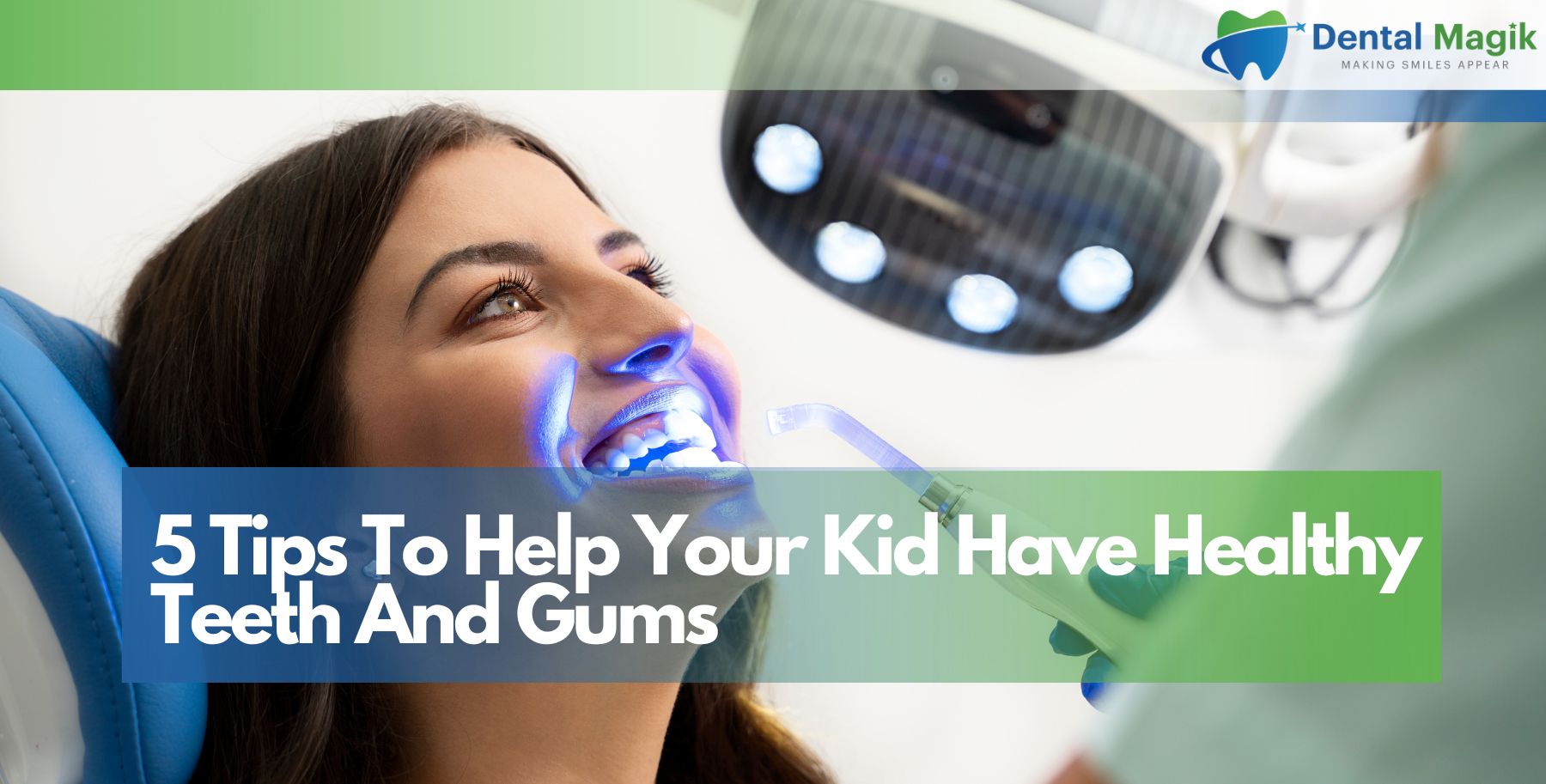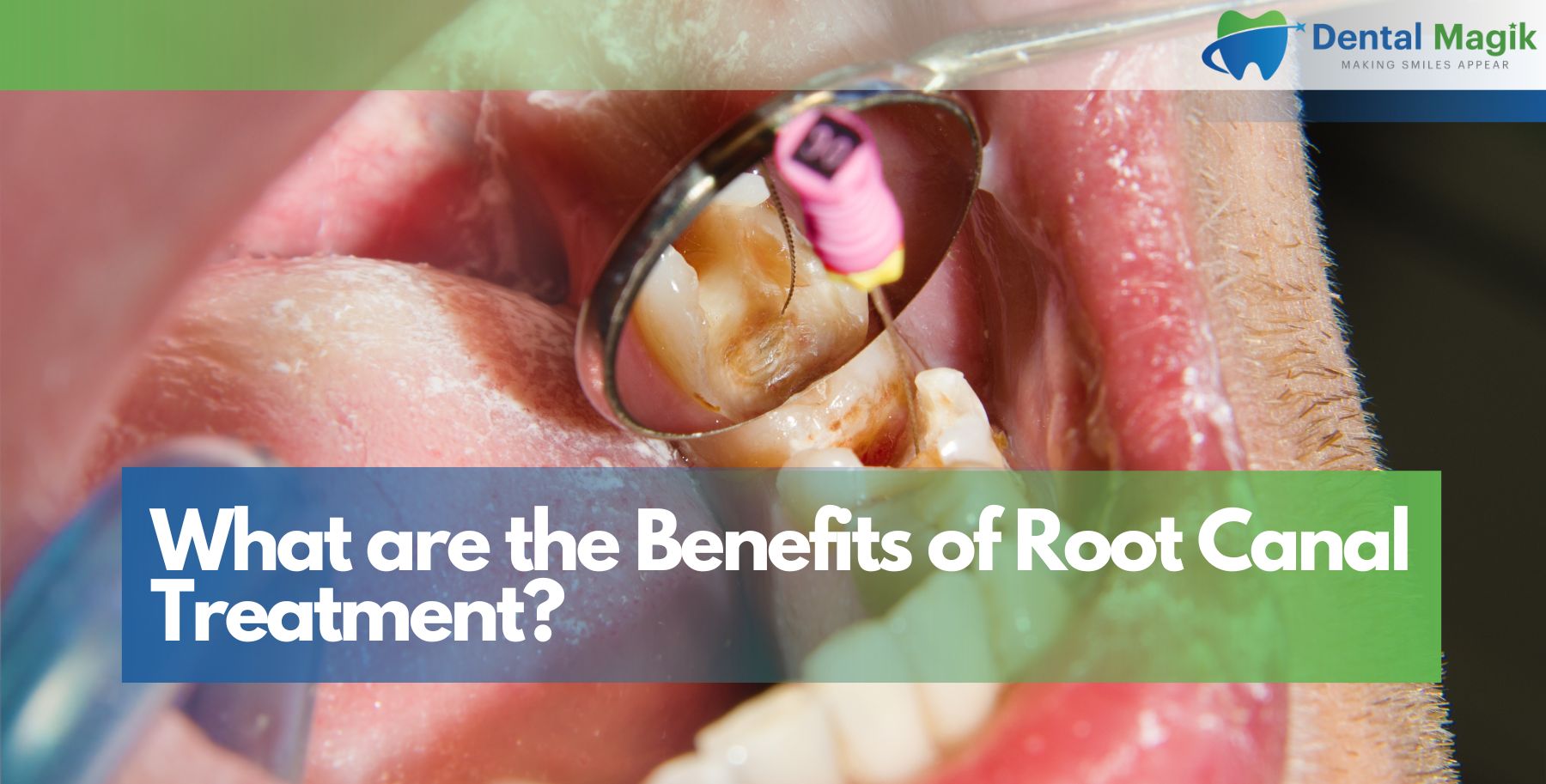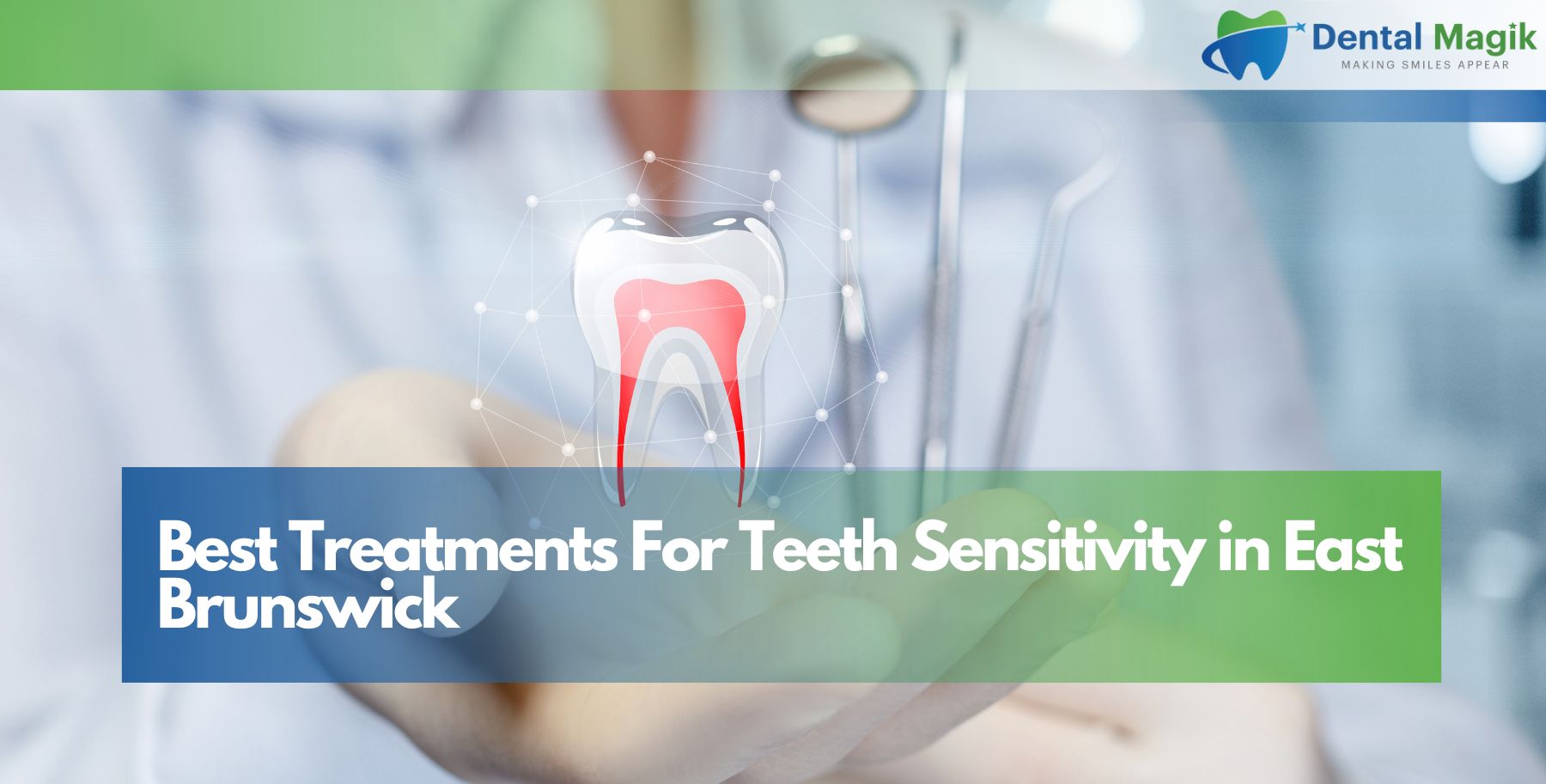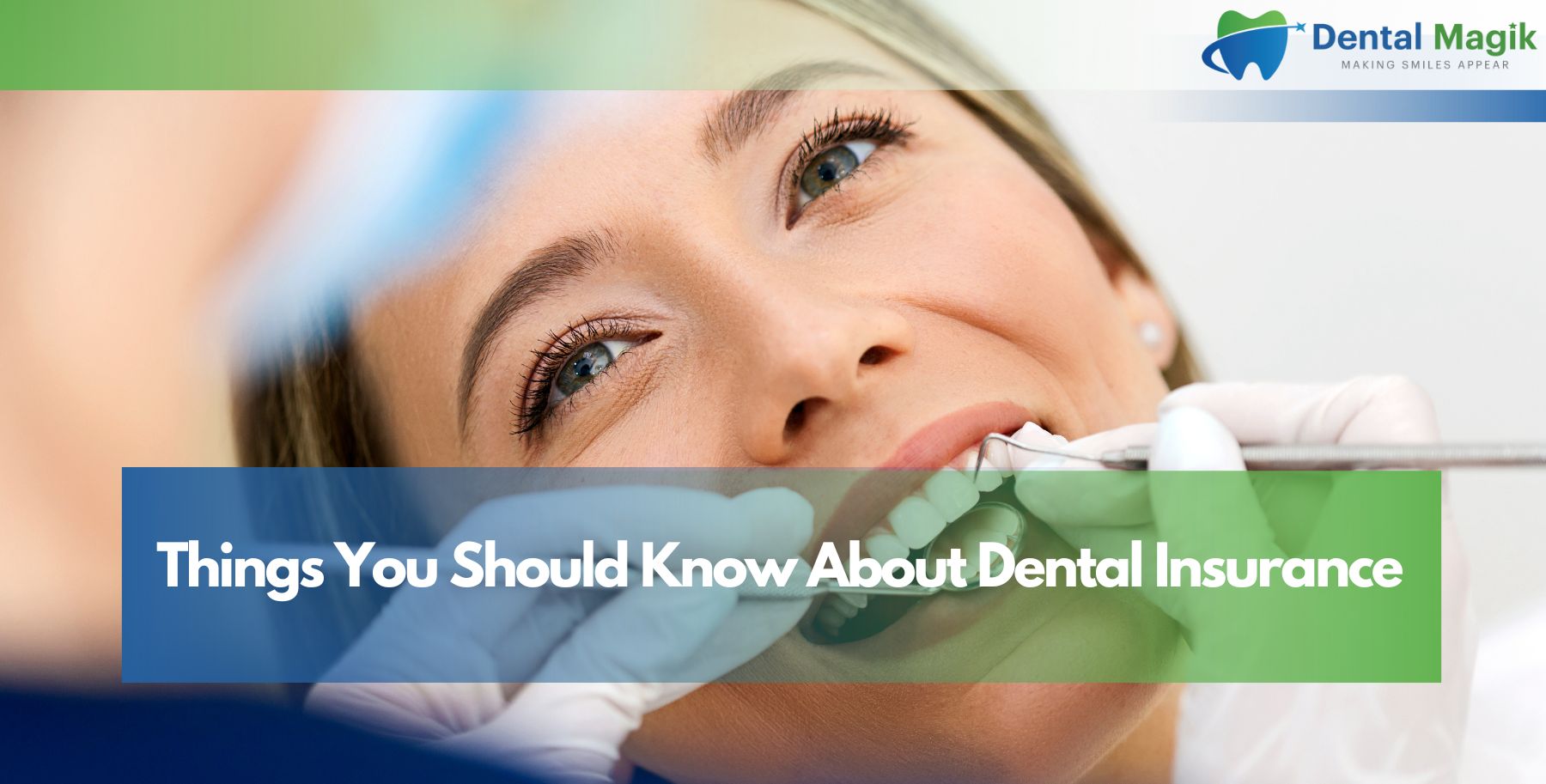For individuals dealing with severe tooth loss or significant dental issues, full mouth dental implants are a permanent and effective solution. Unlike dentures, which can be uncomfortable and require frequent adjustments, dental implants offer a fixed, natural-looking, and long-lasting replacement for missing teeth.
However, one of the most common concerns for patients is the cost of full mouth dental implants. Prices can vary significantly based on multiple factors, including the type of implants, materials used, location, and additional procedures needed.
This guide will provide a detailed breakdown of the cost of full mouth dental implants, including the types of implant systems, financing options, insurance coverage, and the benefits of investing in this life-changing dental procedure.
What Are Full Mouth Dental Implants?
Full mouth dental implants involve the placement of multiple dental implants in both the upper and lower jaws to support a fixed set of prosthetic teeth. These implants act as artificial tooth roots, integrating with the jawbone to create a secure and durable foundation for replacement teeth.
Unlike removable dentures, which can shift or become loose over time, full mouth implants provide permanent stability, improved functionality, and a natural appearance. Patients can eat, speak, and smile confidently without worrying about discomfort or slippage.
Full mouth dental implants in East Brunswick provide a permanent solution for missing teeth, offering superior stability, functionality, and a natural appearance. With advanced implant technology and experienced specialists, patients can restore their smiles with long-lasting results. Schedule a consultation today to explore affordable options and regain confidence in your smile.
Factors That Affect the Cost of Full Mouth Dental Implants
The cost of full mouth dental implants depends on multiple factors, and understanding these can help patients make an informed financial decision.
Type of Implant System
Different implant techniques impact cost, treatment time, and durability:
Traditional Full Mouth Implants
- Requires 8–10 implants per arch
- Multiple appointments over several months
- Higher cost due to complexity
- Price range: $30,000 – $60,000 per arch
All-on-4 Dental Implants
- Uses only 4 implants per arch
- Immediate restoration with fewer implants
- More cost-effective than traditional implants
- Price range: $15,000 – $30,000 per arch
All-on-6 or All-on-8 Implants
- Uses 6–8 implants per arch for added stability
- Stronger bite force and longer durability
- Price range: $20,000 – $45,000 per arch
Zygomatic Implants (For Severe Bone Loss)
- Anchored in the cheekbone (zygoma) instead of the jawbone
- Alternative for patients with severe jawbone loss
- Price range: $30,000 – $50,000 per arch
Material Used in the Implants and Prosthetic Teeth
The type of material used in dental implants and prosthetic teeth plays a role in overall cost and durability:
| Material | Description | Cost |
| Titanium Implants | Most common, durable, biocompatible | $$$ (Moderate to High) |
| Zirconia Implants | Metal-free, aesthetic, strong | $$$$ (High) |
| Acrylic Prosthetic Teeth | Affordable but less durable | $$ (Low to Moderate) |
| Porcelain Prosthetic Teeth | Natural-looking, durable, stain-resistant | $$$$ (High) |
Dentist’s Experience and Location
- Highly experienced implant specialists may charge more for their expertise and advanced technology.
- Dental clinics in metropolitan areas (New York, Los Angeles, Miami) tend to be more expensive than clinics in smaller towns or rural areas.
- Dental tourism to countries like Mexico, Turkey, and Thailand offers affordable implant solutions, but quality and aftercare should be carefully considered.
Additional Procedures Required
Some patients require preliminary dental work before implants can be placed, which increases costs:
- Bone Grafting: $300 – $3,000 (For insufficient jawbone density)
- Sinus Lift: $1,500 – $5,000 (For upper jaw implant placement)
- Tooth Extractions: $100 – $500 per tooth (If needed before implants)
Average Cost of Full Mouth Dental Implants
Here’s a breakdown of typical costs based on different treatment types:
| Implant Type | Cost per Arch | Full Mouth Cost (Upper & Lower) |
| All-on-4 Implants | $15,000 – $30,000 | $30,000 – $60,000 |
| Traditional Implants | $30,000 – $60,000 | $60,000 – $120,000 |
| All-on-6/8 Implants | $20,000 – $45,000 | $40,000 – $90,000 |
| Zygomatic Implants | $30,000 – $50,000 | $60,000 – $100,000 |
Financing and Insurance for Full Mouth Dental Implants
Since the cost of full mouth dental implants is significant, there are several financing options to make the procedure more affordable:
Dental Insurance Coverage
- Most insurance plans do not cover full implants, but they may cover part of the procedure, such as tooth extractions or consultations.
- Some premium dental plans or medical insurance policies (if tooth loss is due to an accident) may provide partial coverage.
Payment Plans & Financing Options
Many dental offices offer monthly payment plans to make the cost of full mouth dental implants more manageable:
- CareCredit: Interest-free or low-interest financing for medical and dental expenses.
- In-House Payment Plans: Many dentists offer zero-interest financing with scheduled payments.
- Personal Loans or Credit Cards: Some patients use medical loans or credit cards to finance their treatment.
Health Savings Accounts (HSA) & Flexible Spending Accounts (FSA)
- HSA and FSA funds can be used for implant procedures, providing a tax-free way to pay for treatment.
Benefits of Full Mouth Dental Implants
While the cost of full mouth dental implants is high, the life-changing benefits make them a worthy investment:
Restores Natural Functionality
- Implants function like real teeth, allowing patients to eat, chew, and speak comfortably.
Permanent and Long-Lasting
- With proper care, dental implants can last a lifetime, unlike dentures, which require frequent replacements.
Prevents Bone Loss
- Implants stimulate the jawbone, preventing bone deterioration and facial sagging.
No More Denture Discomfort
- Unlike dentures, implants won’t slip, cause sores, or require adhesives.
Boosts Confidence and Self-Esteem
- A fully restored smile can improve appearance and confidence, positively impacting personal and professional life.
Conclusion
Although the cost of full mouth dental implants is significant, the long-term advantages make them one of the best investments for oral health and quality of life. With multiple financing options, insurance assistance, and payment plans, this procedure is now more accessible than ever. If you’re considering full mouth dental implants, schedule a consultation with an experienced dentist in East Brunswick to discuss your options and create a personalized treatment plan.
FAQs
How Much Do Full Mouth Dental Implants Cost?
The cost of full mouth dental implants typically ranges from $30,000 to $60,000 per arch and $60,000 to $120,000 for a full set. Prices vary based on location, implant type, materials used, and the experience of the dentist. Financing options are available to help make the procedure more affordable.
Why Are Full Mouth Dental Implants So Expensive?
The high cost of full mouth dental implants is due to several factors, including:
- The use of biocompatible materials like titanium and zirconia.
- The surgical procedure requiring expertise from implant specialists.
- Advanced technology such as 3D imaging, digital impressions, and guided surgery.
- Additional procedures like bone grafting or sinus lifts if necessary.
- Customization of prosthetic teeth for a natural look and long-lasting durability.
Does Dental Insurance Cover Full Mouth Dental Implants?
Most dental insurance plans do not fully cover full mouth dental implants because they are considered a cosmetic procedure. However, some insurance policies may partially cover associated costs such as tooth extractions, consultations, and diagnostic tests. It’s best to check with your insurance provider for exact coverage details.
What Are the Most Affordable Full Mouth Dental Implant Options?
If you’re looking for a more affordable option, consider:
- All-on-4 dental implants ($15,000 – $30,000 per arch) – Fewer implants, lower cost.
- Dental tourism – Countries like Mexico, Thailand, and Turkey offer lower-cost implants.
- Payment plans & financing – Many clinics provide monthly payment options.
- Using HSA or FSA funds to cover part of the procedure tax-free.
How Long Do Full Mouth Dental Implants Last?
With proper care, full mouth dental implants can last a lifetime. The titanium implants fuse with the jawbone, providing long-term stability. However, the prosthetic teeth (crowns or bridges) may need replacement every 10–15 years due to normal wear.
How Can I Finance Full Mouth Dental Implants?
Many dental clinics offer financing options to help patients afford treatment. Popular payment options include:
- CareCredit – Interest-free or low-interest financing.
- Dental payment plans – Monthly installment plans directly from your dentist.
- HSA & FSA accounts – Tax-free funds for medical expenses.
- Personal loans & credit cards – Another option for covering costs upfront.
Are Full Mouth Dental Implants Better Than Dentures?
Yes! Full mouth dental implants offer several advantages over traditional dentures:
- Permanent solution – Unlike removable dentures, implants are fixed.
- No slipping or discomfort – No need for adhesives or adjustments.
- Better jawbone health – Prevents bone loss, unlike dentures.
- Improved chewing ability – Eat all foods without restrictions.
- More natural appearance – Looks and feels like real teeth.
How Long Does the Full Mouth Dental Implant Process Take?
The timeline for full mouth dental implants varies depending on the procedure:
- All-on-4 implants – Can be completed in one day with temporary teeth.
- Traditional implants – Requires 3–6 months of healing before final teeth placement.
- Bone grafting or sinus lifts – May add 3–6 months to the treatment time.
Who Is a Good Candidate for Full Mouth Dental Implants?
You may be an ideal candidate for full mouth dental implants if you:
Have multiple missing teeth or severe dental issues.
Have good overall health (non-smoker, no uncontrolled diabetes).
Have sufficient jawbone density (or are willing to undergo bone grafting).
Are looking for a long-term, permanent solution instead of dentures.
Are There Any Risks or Complications with Full Mouth Dental Implants?
While dental implants have a 95% success rate, potential risks include:
- Infection or gum inflammation at the implant site.
- Nerve damage if placed incorrectly.
- Sinus issues (for upper jaw implants).
- Implant failure (rare, but can occur in smokers or those with poor bone density).
Choosing a skilled and experienced implant dentist reduces these risks significantly.
What Foods Should I Avoid After Getting Full Mouth Dental Implants?
For the first few weeks after implant surgery, avoid:
- Hard foods (nuts, chips, ice, raw veggies).
- Sticky foods (caramel, chewing gum).
- Very hot or very cold foods (to avoid sensitivity).
- Alcohol & tobacco (can slow healing).
Stick to soft foods like yogurt, mashed potatoes, soup, and smoothies to promote healing.
What Is the Difference Between All-on-4 and Traditional Full Mouth Implants?
| Feature | All-on-4 Implants | Traditional Implants |
| Number of Implants | 4 per arch | 8–10 per arch |
| Healing Time | Immediate placement | 3–6 months |
| Cost | More affordable | More expensive |
| Bone Grafting Needed? | Rarely | Sometimes |
| Longevity | 15+ years | Lifetime with care |
All-on-4 is faster and more cost-effective, while traditional implants provide greater long-term stability.
Can Smokers Get Full Mouth Dental Implants?
Yes, but smoking increases the risk of implant failure by interfering with bone healing and gum health. Dentists recommend:
Quitting smoking at least 2 weeks before surgery.
Avoiding smoking for at least 3 months post-surgery.
Practicing excellent oral hygiene to prevent infections.
Are Full Mouth Dental Implants Covered by Medicare?
Medicare does not cover the cost of full mouth dental implants, as they are considered an elective procedure. However, Medicare Advantage (Part C) plans may provide partial coverage if the implants are deemed medically necessary.
How Can I Find the Best Dentist for Full Mouth Dental Implants Near Me?
To find a qualified implant dentist, look for:
Board certification in implant dentistry.
Years of experience performing full mouth reconstructions.
Positive patient reviews and before-and-after photos.
Advanced technology (3D scans, digital impressions).
Flexible financing and payment options.







